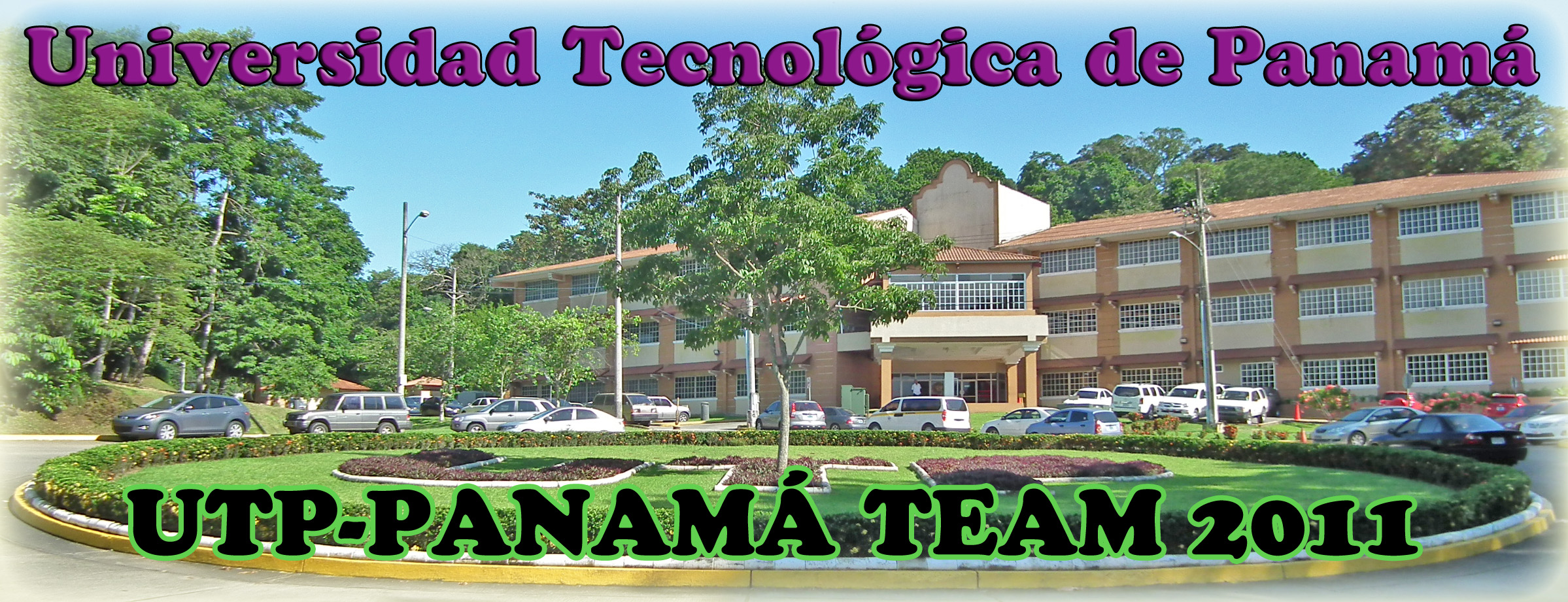Team:UTP-Panama/Week 14
From 2011.igem.org
|
Home |
Week 1 | Week 2 | Week 3 | Week 4 | Week 5 | Week 6 | Week 7 | Week 8 | Week 9 | Week 10 | Week 11 | Week 12 | Week 13 | Week 14 | Week 15 | Week 16 | Week 17 | After Regional Week 1 | After Regional Week 2 | Week 14: September 5 to 10September 5WET LABResults of the Pre-experiments of the September 2 WET LAB
Human PracticesWe introduced the theoretical framework of the modeling, we put the hyperlinks whose contain the information of the biobricks. September 6WET LABObjetive :Transformation of competent cells with BBa_K381001 September 7WET LABObjetive: Correction of procedures for the Experiment with BBa_K381001
Human Practice Meeting: We did the drawing of renbo(renbo is the name of our project). September 10General SeesionPlaninng our Scientific Comunication Activities (new name in place of outreach). Talking about wET lab advantage and problems.
September 11Objective: prepare 250 mL of competent cells 1. Take an 100 mL aliquot of frozen cells from the -80oC and innoculate about 500 ml to 1 L sterile LB broth. DO NOT ADD antibiotic, since these cells do not have an plasmid in them. Work as sterile as possible. 2. Grow the cells on a shaker at 37oC until they reach an OD @ 600nm of 0.3 to 0.4 (1 cm pathlength). 3. Centrifuge in the Sorvall GSA rotor (250 ml centrifuge bottle) at 5,000 RPM for 10 minutes at 4oC. Ice down 100 mM CaCl2 and 100 mM MgCl2 solutions at this point. 4. Gently resuspend the bacteria pellet on ice in 1/4 volume of ice cold MgCl2 , taking 3 to 5 minutes for this procedure. Centrifuge he cell suspension at 4,000 RPM in the Sorvall GSA rotor for 10 minutes. 5. Resuspend the bacteria pellet on ice in 1/20 volume of ice cold CaCl2 and then add an addional 9/20 volume of CaCl2. Keep this suspension on ice for at least 20 minutes. 6. Centrifuge the cell suspension at 4,000 RPM in the GSA rotor for 10 minutes and resuspend the cell pellet in 1/50 volume of ice cold, sterile 85 mM CaCl2 in 15% glycerol w/v. Dispense in 100 mL aliquots and freeze cells at -80oC. NOTES: The cells were grown the previous day. We passed 250 ml of cells to 5 falcon tubes of 50 mL. |
 "
"

